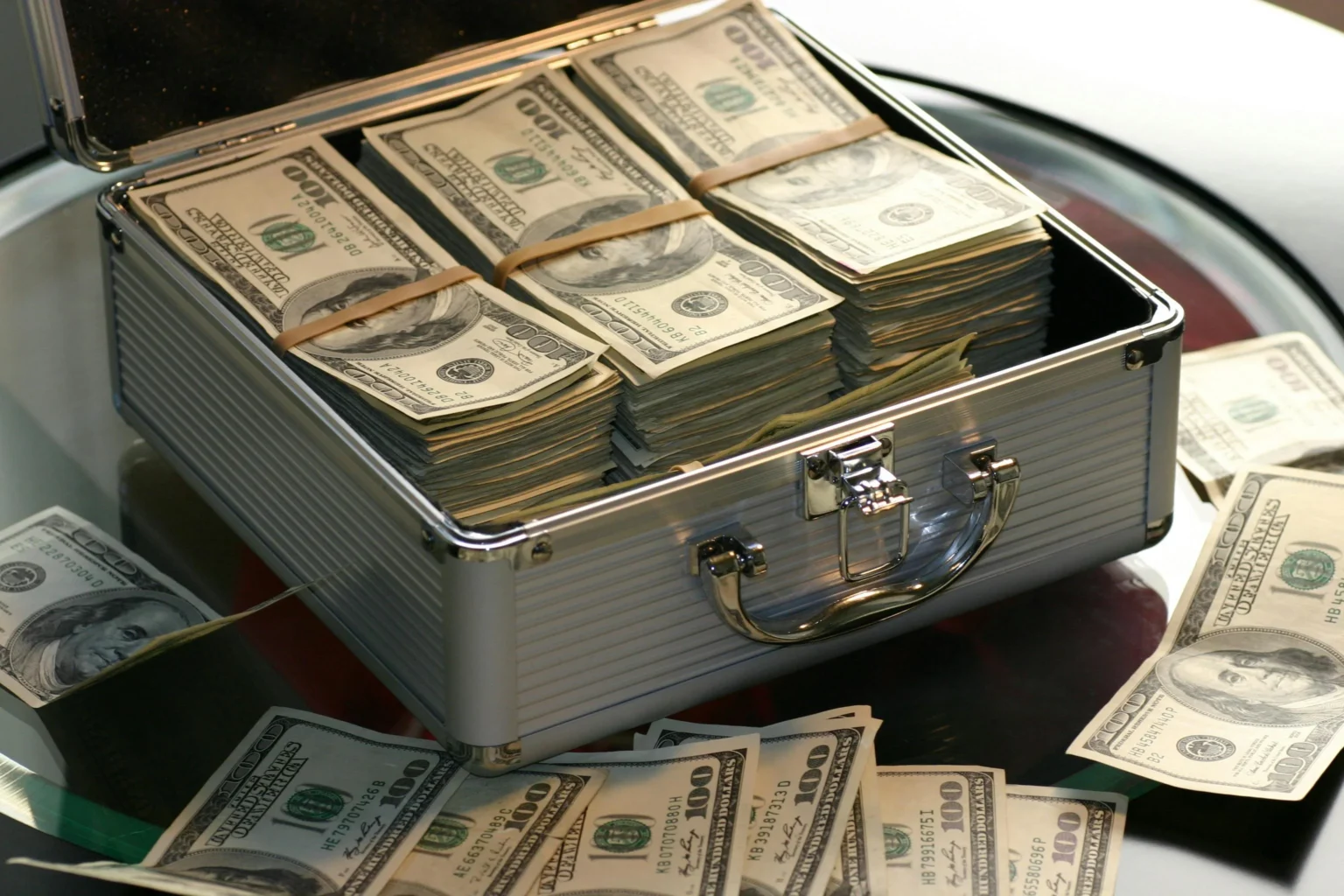Most people think of an emergency fund as a backup plan, but the truth is that the definition of “backup” keeps shifting. Costs rise, obligations grow, and the safety nets we rely on often fail at the worst possible time.
According to Pew Research, more than half of Americans lack an emergency or rainy day fund to cover 3 months of expenses. Data also revealed that 26% of Americans had borrowed money from friends or family, and 27% had trouble paying for medical care.
It’s a big problem, but the bigger issue is how quickly the old benchmarks for a “sufficient” emergency fund have become outdated. If you’re interested in keeping your safety net reliable, read on.
#1. Your Standard of Living Changes Over the Years
People often treat emergency funds as static, but life is anything but. A 25-year-old renter may calculate needs based on a shared apartment and basic expenses. Fast forward 10 years, and the picture looks very different: children, mortgages, medical costs, and dependents all enter the equation.
The fund that once seemed sufficient may only cover a fraction of what you need now. Look at essentials like rent. According to Investopedia, in 2015, the median rent in America was $959 compared to $1594 in 2024. That’s a $635 increase over 10 years. That increase alone can eat through savings much faster than expected.
This is why it’s critical to think ahead and factor in inflation as well. At the same time, financial planners like Alyson Basso suggest balancing ambition with practicality. She advises that rather than factoring your current lifestyle cost for 3 months, it’s more practical to consider the cost of essentials for that period. After all, you’d probably cancel things like tennis lessons or piano lessons if you were in an ‘emergency’ situation.
#2. Insurance Isn’t Always Going to Have Your Back
People often forget that an emergency fund is precisely for what the name implies: emergencies, which happen every hour, every day across the country for someone. Just recently, Fox21 out of Colorado Springs reported that alcohol was involved in a crash that killed one and injured two people. It’s safe to say that the survivors are probably looking into hiring an auto accident lawyer in Colorado Springs right now.
These incidents are sadly not uncommon. According to Springs Law Group, car accidents disrupt the lives of Coloradans, and of course, Americans, every day. Survive? You still end up looking at steep medical bills and vehicle repair costs. Then you reach out to your insurance, and they find some minor clause that leaves you in debt.
This type of frustration with insurance payouts has caused people to take matters into their own hands. Time Magazine notes how over 10,000 Americans now use alternatives to traditional insurance like CrowdHealth, which is a P2P, community health insurance startup.
CEO, Any Schoonover, started the initiative after his insurance, which he paid $1,200 per month for, refused to cover an $8,000 ear tubes for his son’s recurring ear infection. Something doctors found medically necessary, but the insurance company did not. While you may not want to commit to an untested model, having an emergency fund saves you if your insurance tries any funny business.
#3. You Don’t Want to Take Loans to Cover Needs
When savings fall short, borrowing from friends often fills the gap, but it’s a strategy that only works a few times. The last thing you want is for money and debt to start poisoning your relationships. Thus, many people turn to banks and lenders during emergencies.
However, if your crisis involves a job loss or a health scare, that can affect your creditworthiness and make loans more expensive and harder to get. Before you know it, you can find yourself trapped in high-interest debt, compounding the stress of an already difficult moment.
A stronger emergency fund is a way to avoid that spiral because you can weather a setback without borrowing money and straining your relationships. The crisis itself is difficult enough. You should not have to deal with the stress of repayment and interest on top of it.
Frequently Asked Questions
1. What is an emergency fund?
An emergency fund is a bit of money you save up to deal with life’s curveballs. These include everything from medical bills, car repairs, and sudden job loss. It’s your financial safety net, so you’re not scrambling or swiping credit cards when surprises hit.
2. Why a 3-6 month emergency fund?
The 3–6 month rule covers basic living costs like rent, food, and bills if income suddenly stops. It’s long enough to job hunt, recover from illness, or handle big repairs without panicking. Think of it as giving yourself breathing room in tough times.
3. Can I invest my emergency fund?
Not really. It’s meant to be safe and ready to grab fast. Investing ties money up and risks losses. Better to keep it in a high-yield savings account or money market fund where it grows a bit but stays liquid for emergencies.
All things considered, some might argue that increasing or even doubling your emergency fund is being pessimistic. However, if you’re making the decision based on careful analysis of your financials, lifestyle, and insurance payout trends, it’s not irrational in the slightest.



